Asia/ Turquia/ 17.04.2019/ Source: www.aa.com.tr.
Describing Islamophobia a “very very dangerous threat” not only to Muslims but to all of humanity, a group of scholars on Sunday insisted that Muslims need to educate themselves to fight this growing problem.
At the end of the third day of the Islamophobia international conference hosted by the Centre for Islam and Global Affairs (CIGA) at Istanbul Sabahattin Zaim University, the scholars said that the Muslim community also needs to look within and rectify mistakes.
Elsadig Elsheikh from the University of California said: “There is a need for intervention at multiple levels, including society, education, public policy, and how we tell our story.”
“We need to decolonize ourselves, and there is a need for a lot of work within ourselves and our societies,” he said.
The scholars said that Muslims need to engage with the systems «but with open eyes.”
«We need to display a robust Muslim identity,» said James Carr of the University of Limerick, Ireland.
Luwei Rose Luqui from Hong Kong University said that Muslims in China need to communicate and tell their stories with others in the country.
They should “not just complain and victimize but talk and communicate with people who are not familiar with your situation,” Luqui said about Muslims in China.
Correcting injustice
Khadijah Elshayyal, a researcher working among Muslims in Britain, said that the community needs to rectify mistakes among themselves.
“We have to support and amplify each other’s voices, however, there are injustices and racism [in Muslim community] and that needs to be corrected,” she asserted.
Moreover, she added, Muslims need to extend solidarity with others as well.
Asking scholars to translate their words into action, Shireen Rasheed from the U.S.’ Long Island University said Muslims must also build coalition with other communities.
Varsha Basheer from India said the Muslim community requires structural changes from within.
“Muslims need political power to dismantle the structures of inequality,” Basheer said, referring to India.
“We need power other than the intellect,” she added.
Talip Kucukcan from Istanbul’s Marmara University said a legal framework against Islamophobia is needed. “Otherwise whatever work we do, it will melt down,” he said.
Kucukcan, a former parliamentarian, added: “Politicians need to be involved in raising the issue of Islamophobia.”
The Organization of Islamic Cooperation (OIC) has 57 members, he said, and “this issue need to be raised and nation-states need to be engaged.”
Governments using Islamophobia
Anne Norton from the University of Pennsylvania said people need to protected from “the power of the state,” explaining: “People need to be saved from torture, hunger, separation from their families, and deprivation.”
Sami A. Al-Arian, the Centre for Islam and Global Affairs’s director, said the importance of the conference goes beyond academic interest.
“This conference tried to analyze all different aspects of Islamophobia, specifically the geopolitics and epistemological roots of Islamophobia that are affecting not only the Muslim world at large but Muslim minorities in the U.S., Europe, India and China,” he said.
He added: “We have some governments in the region, in the Muslim world, who are helping Islamophobes and empowering practitioners of Islamophobia in order to fight their own citizens and movements because they are trying to keep their privileges and autocratic regimes.”
He said: “Understanding Islamophobia at every level is important and needs to be confronted at all levels.”
“It is a very very dangerous threat just not to Muslims only but to all of humanity, and we need to educate and then act to confront Islamophobia,” he stressed.
Source of the notice: https://www.aa.com.tr/en/education/education-and-action-needed-to-combat-islamophobia-/1452159
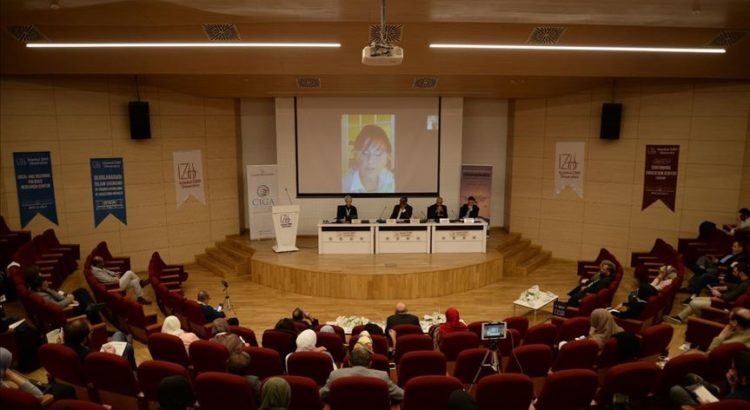
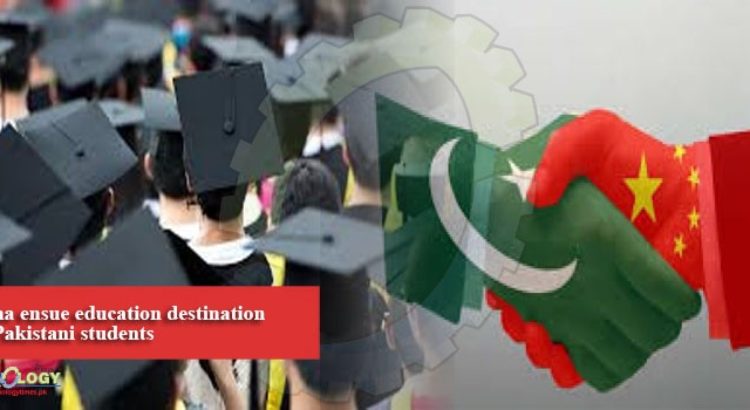
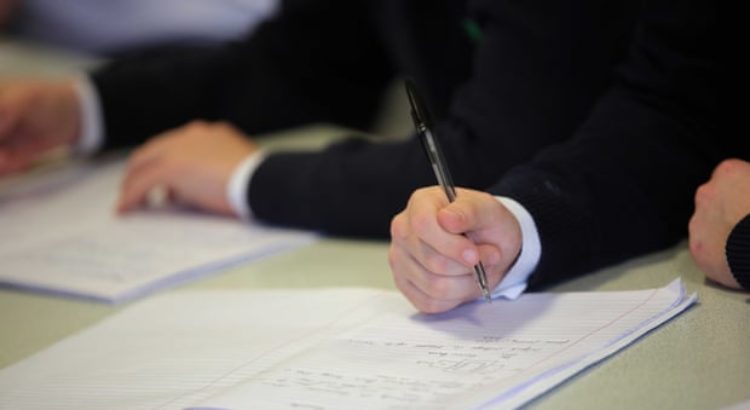
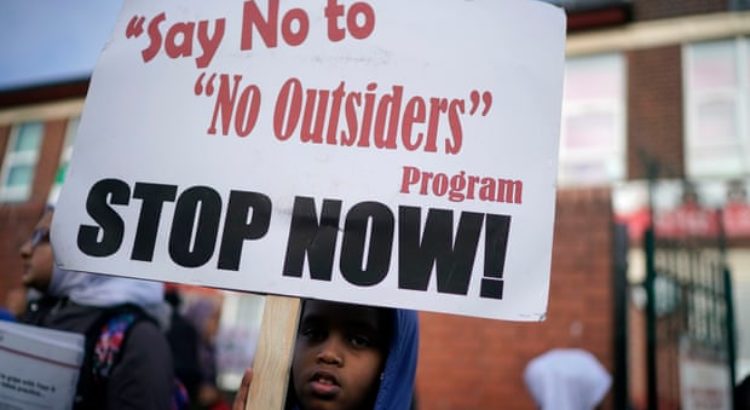
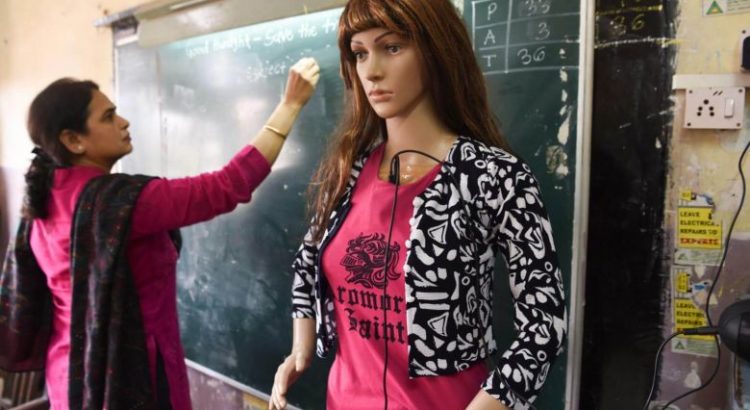








 Users Today : 64
Users Today : 64 Total Users : 35459970
Total Users : 35459970 Views Today : 80
Views Today : 80 Total views : 3418545
Total views : 3418545